According to sources familiar with the matter, the U.S. Department of Justice is investigating claims that AT&T, Verizon, and standards organization GSMA colluded to scuttle eSIM technology which would make switching carriers easier.
According to a report on Friday by the New York Times, a device maker and a wireless carrier filed complaints in November or December 2017 with the DOJ. One source claims the device maker is Apple, the report said.
The complaints allege that AT&T, Verizon, and standards-setting GSMA were working together in secret to establish new standards that would lock out the consumer-friendly eSIM technology, and all of the benefits that it entails.
At the GSMA RIG meeting in January, both AT&T and Verizon are said to have pushed for enhanced ability to lock phones to a network. According to the pair, the ability is important to control theft of the devices — and would bypass eSIM entirely.
The still-new eSIM technology would remove the need for the small cards that are shipped to customers to allow the phone to access a carrier's network. Instead, the settings for each carrier would be updated in software, allowing for near-instantaneous transfers of an unlocked device from one carrier to another, without the need of that physical card, or the need to have a SIM card reader in a smartphone.
Starting in February, the DOJ demanded information about the technology, and communications between the trio to determine if there was a secret effort to prevent the technology from getting a solid foothold in the market. According to the latest data provided by AT&T and Verizon, the pair control about 72 percent of the wireless market in the United States, and any move to increase friction for customers wanting to switch carriers would maintain that dominance, in the face of increased competition from T-Mobile, Sprint, or smaller pre-paid carriers not owned or controlled by the larger four.
The list of hardware companies that may have complained to the DOJ is smaller. Apple uses the eSIM technology in the Apple Watch Series 3 with LTE. Google has adopted it in the Google Pixel 2, with LTE-capable Microsoft Surface devices and the Samsung Gear S2 incorporating it as well.
A similar technology called Apple SIM has been adopted for the iPad, but is specific to those devices, and not the universal standard that the eSIM is supposed to be. Early predictions about the Apple SIM technology suggested that it would serve as a launching platform for the eSIM technology, with carriers and device manufacturers implementing it more heavily after they saw the flexibility of the technology in the iPad, but as of yet, that future has not materialized.
Update: This story has been updated to identify Apple as the device maker that filed the DOJ complaint.
 Mike Wuerthele
Mike Wuerthele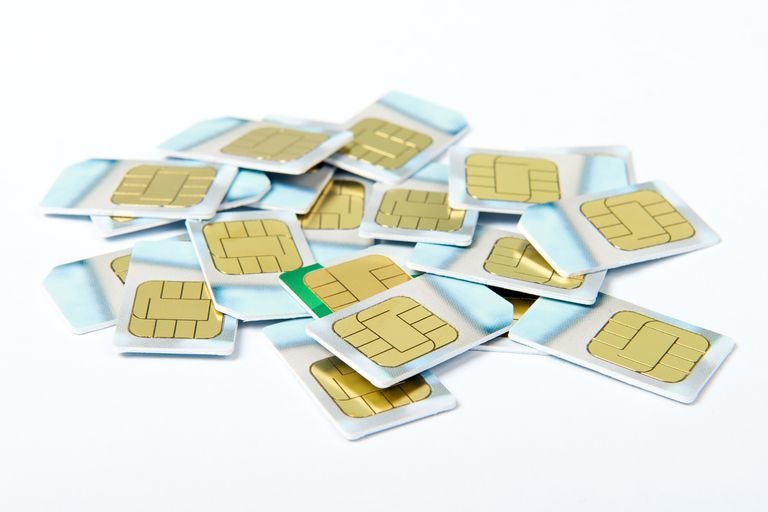
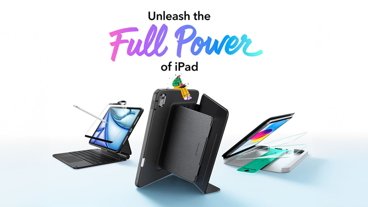
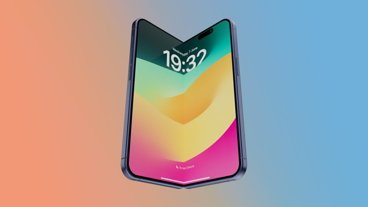
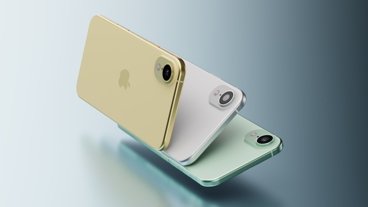




-m.jpg)





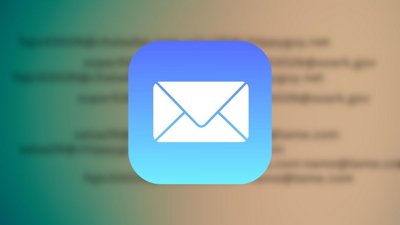
 Marko Zivkovic
Marko Zivkovic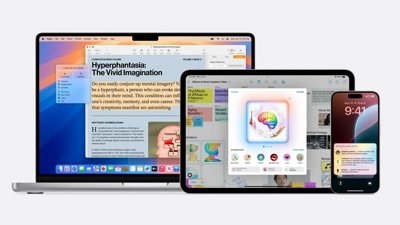
 Malcolm Owen
Malcolm Owen
 Andrew O'Hara
Andrew O'Hara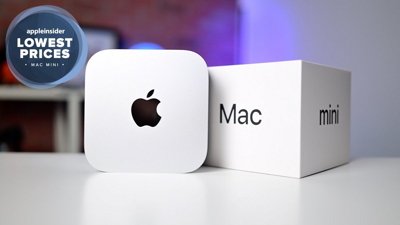
 Christine McKee
Christine McKee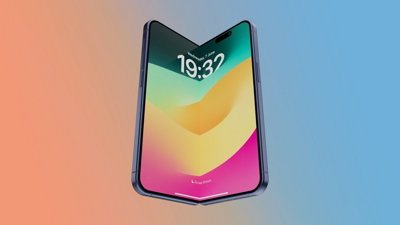

 Amber Neely
Amber Neely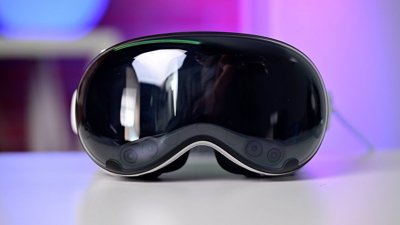
 Andrew Orr
Andrew Orr
 William Gallagher
William Gallagher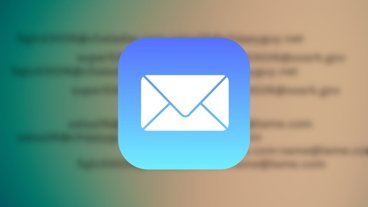








41 Comments
Damn, it’s not collusion on pricing and plan features. Oh, well. Gotta wait another decade for that one, don’t we–OH WAIT, people are going to fall for the pie in the sky promises of 5G in droves and terrify the landline Internet providers, so the Big Four telecoms will have all the support they need to keep up their current models. Still, being able to swap providers at any time without restriction would be great. The only thing that will stop users is the lack of antennae for specific bands.
Say I travel to Europe and I buy local SIM there and replace it in my iPhone (actual scenario from life). So apart idiotic Apple soloution that requires me to find WiFi and reactivate phone because they feel I stole it from myself, how would purchase at local grocery store when I currently can buy SIM card would work for eSIM? Do I need to take invoice and fax machine to be able to do it and prove that iPhone is still mine? Thi is because Apple Poland tried to do to me... along these lines (it was actually business phone and iPad that I lost in the middle of no access to WiFi and we are talking main system in finance that I own in NYC). Let me know.
I suggest that Apple should fix fundamental problems first instead of worring about supporting future technology by providers while it is unlikely to be supported in foreign countries for some time. Otherwise iPhone is a toy and not enterprise for business use... unfortunatelly. I wish it had no glitches like this because when it works it works well..
About Verizon to lock it is absolute BS. Actually I spoke with Verizon numerous times that I would be swapping SIM cards temporarily when traveling abroad and they did not have any problem. In fact they may try to help with unlock if there is an issue.
How is that worse that the crazy SMS fees they charged for 2 decades?